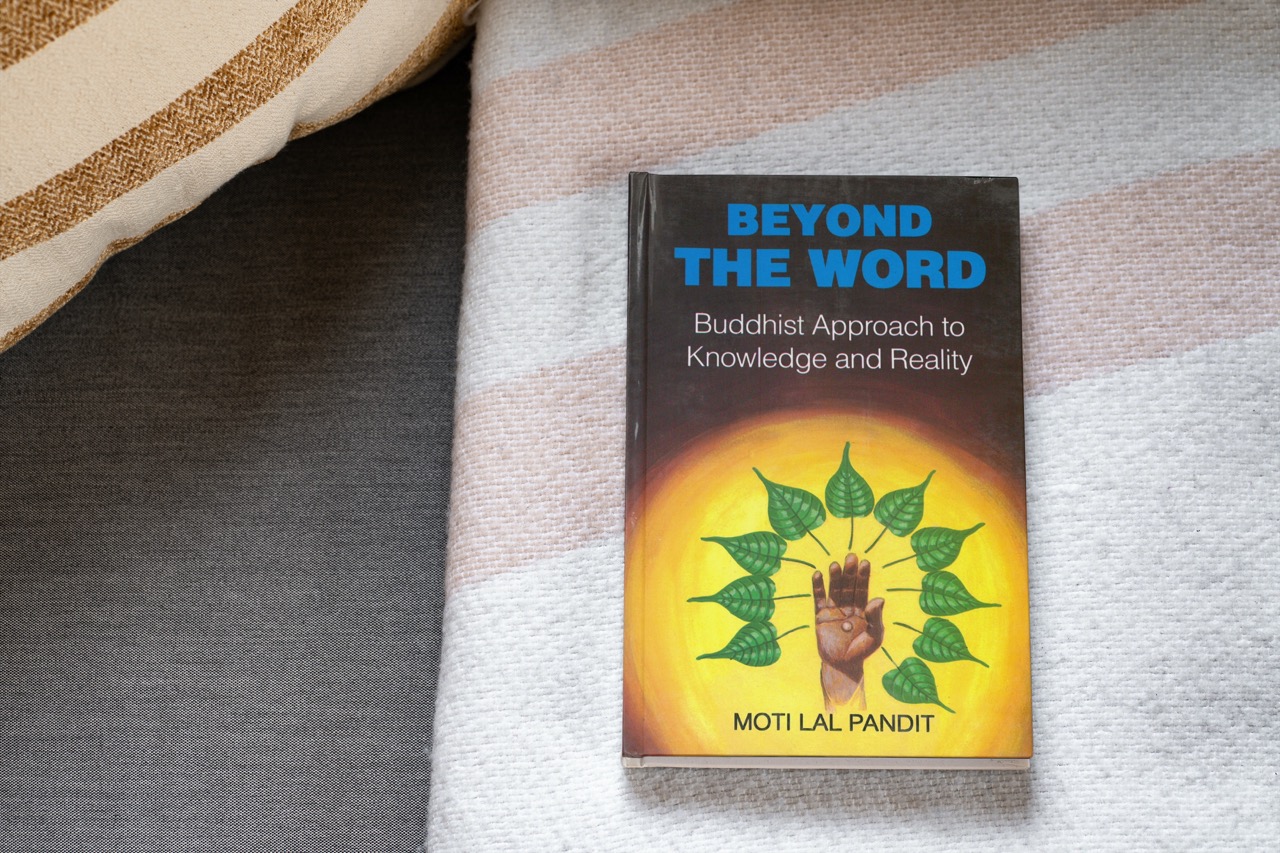Synthesizing the competing ideologies of brahmanism and s’ramanism, the Buddha propounded the doctrine of the Middle Path. His doctrine avoided the philosophical extremes of eternalism and nihilism besides the religio-ethical extremism of hedonism and asceticism. Even though he claimed not to hav established any new viewpoint, the Buddha did definitely expound some philosophical views concerning the non-existence of the self, the becoming-nature of empirical reality, and the insubstantiality of all phenomena. These views of the Buddha had far-reaching philosophical consequences.
Upon the passing away of the Buddha, the Sangha began to add its interpretations to the various doctrines of the Buddha. As a consequence there emerged a plethora of interpretations which, in course of time, gave rise to various Buddhist schools of thought: realists, deconstructionists, and idealists. Also the Buddhists had to conten with vehement criticism from their opponents, particularly from the thinkers belonging to the brahmanical tradition.
It is in th crucible of this creative tension that the present study analyses the basic issues which the Buddhists faced in the context of the critique of their doctrines.





